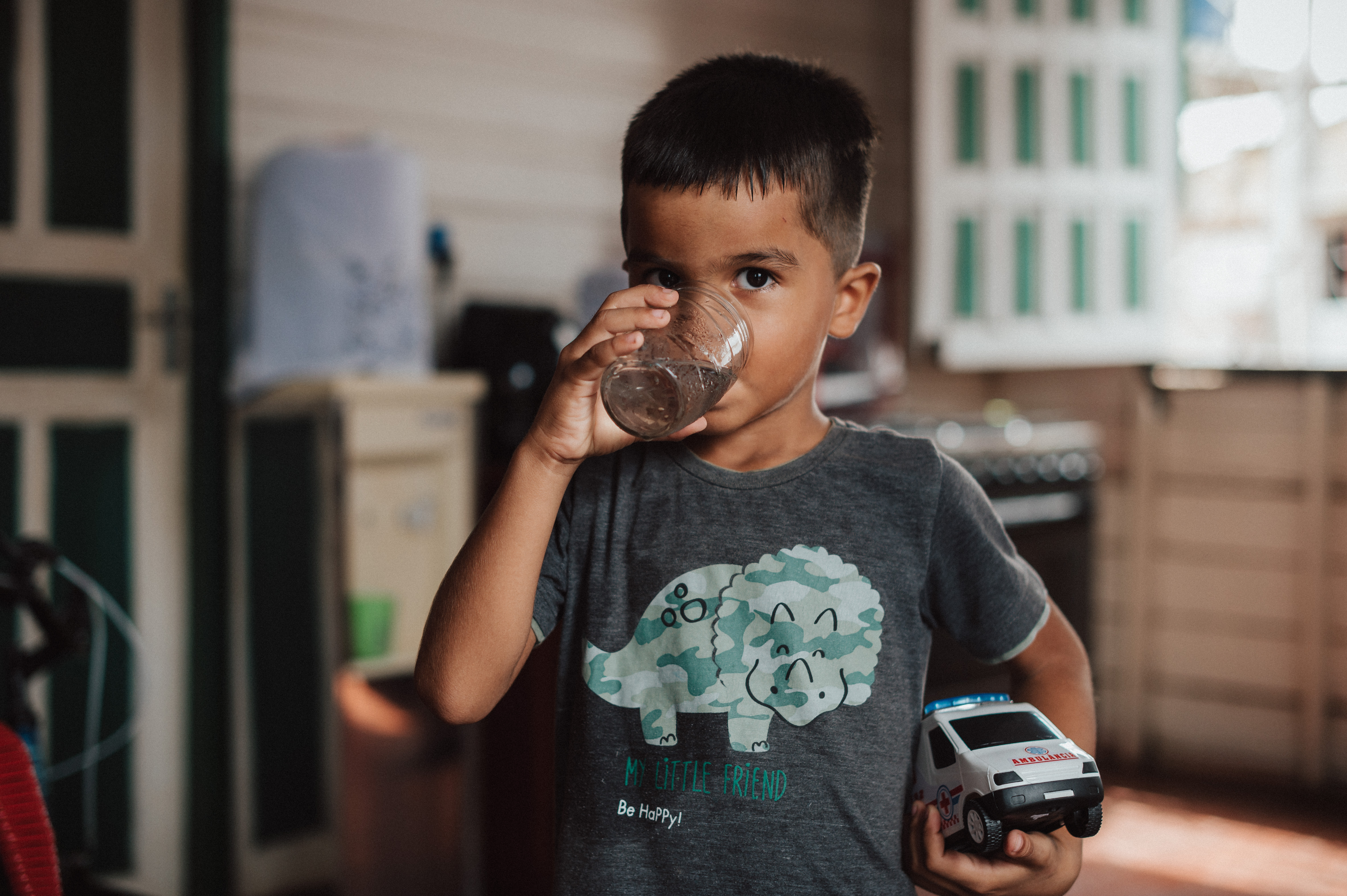

Description
A technical document that aims to guide the management and correct disposal of municipal waste. It can be done in a regionalized manner by integrating municipalities. Its content must also present the financial values necessary for the implementation of management actions. It must be aligned with the budget planning of the Federal Government to access resources.
The Brazilian National Solid Waste Policy made it compulsory for municipalities to draw up a Solid Waste Management Plan (also known as a Municipal Plan for Integrated Solid Waste Management - PMGIRS, acronym in Portuguese), which is a fundamental instrument “for federal units and municipalities to claim access to federal funds for projects and services related to urban cleaning and solid waste management, or to benefit from incentives or funding from federal credit or development entities for this purpose” (Brazil, 2019).
Criteria 9/11
- ACCESSIBILITY
- ALIGNMENT WITH SDG 1,3,4,6 AND/OR 11
- RACE AND GENDER ISSUES
- ATTENTION TO CHILDREN AND ADOLESCENTS
- LOW COST
- SOCIAL DIFFUSION
- ADMINISTRATIVE EFFICIENCY
- ADHERENCE AND CONTINUITY AT LOCAL LEVEL
- WASH INITIATIVE
- CLIMATE RESILIENCE
- SUSTAINABILITY
The Solid Waste Management Plan (PGRS, acronym in Portuguese) must be prepared by the acting municipal and state departments to comply with the instructions of the Brazilian Solid Waste Policy. Other institutions at the federal level that relate to the PGRS: the National Health Foundation (FUNASA/MS); Secretariat for Indigenous Health (SESAI/MS, Secretariat for Health Surveillance (SVS); National Secretariat of Environmental Sanitation (SNSA/Ministry of Cities).
City halls
Waste pickers associations
General population
Municipal or regional
The mandatory creation of plans began in 2010.
Decree No. 10.936/2022 regulates that the Plans include the work of waste pickers, allowing them to be hired by municipal departments to collect materials. The decree also stresses the importance of the plans being aligned with the Municipal Basic Sanitation Plan of the respective municipality.
PGRS can be done in an integrated manner with other municipalities, as it is a regional plan.
The National Solid Waste Management Information System (SINIR) monitors all information related to solid waste management in the country. The information is declared by the municipality itself to the MMA, manager of said system.
PGRs must be aligned with the Municipal Basic Sanitation Plan. Once the plan has been approved, the municipality will be able to access federal funds through agreements with Funasa or the Ministry of Cities.